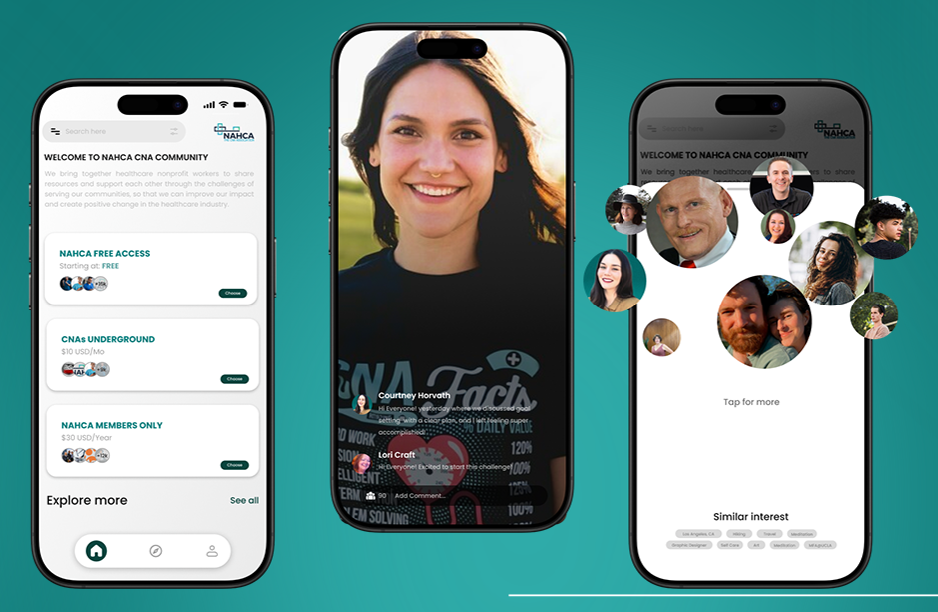In the realm of healthcare, the principle of equity (the quality of being fair and impartial) is paramount. Every patient deserves compassionate, comprehensive, and unbiased care, regardless of their size, shape, or medical history. However, the reality is that biases (prejudice in favor of or against one thing, person, or group compared with another, usually in a way considered to be unfair), whether conscious or unconscious, can and do significantly affect how healthcare caregivers interact with bariatric patients. Understanding these biases and addressing them is crucial for improving patient outcomes and fostering a more inclusive healthcare environment.
The Reality of Bariatric Care
Bariatric patients, or individuals who are classified as obese, often face unique medical challenges that require specialized care. These patients may be seeking treatment for obesity related conditions such as diabetes, hypertension, joint pain, or may be pursuing weight loss surgery. Unfortunately, bariatric patients frequently encounter stigma and discrimination in all healthcare settings, which can lead to negative healthcare experiences and outcomes because of how they are made to feel by those who are supposed to be caring for them.
Studies have shown that healthcare workers may hold biases against bariatric patients by viewing them through a lens of judgement rather than compassion. These biases can manifest in several ways:
- Assumption About their Lifestyle Choices:
Healthcare providers may assume bariatric patients are lazy or lack willpower, leading to lack of empathy and understanding. This can result in inadequate patient education and support.
- Lack of Attention to Medical Needs:
Some healthcare workers may focus solely on the patient’s weight rather than considering the full scope of their health. This can lead to misdiagnosis or overlooked conditions that may require attention.
- Communication Barriers:
Patients may feel judged or dismissed, leading to poor communication and a reluctance to seek care. This can create a harmful cycle where patients avoid healthcare settings out of fear of stigmatization.
- Inadequate Facilities:
Many medical facilities are not equipped to accommodate larger patients including waiting room seating, examination tables, beds, testing equipment, such as CT scans or MRI machines, shower equipment, wheelchairs, walkers, and bedside commodes.
Addressing Biases in Bariatric Care
One of the most effective ways to combat bias is through education. Healthcare workers and providers should receive training that focuses on understanding obesity as a complex, multifaceted condition influenced by genetics, environment, and psychology. This can help shift the narrative from blame to understanding.
Encouraging healthcare workers to practice empathy can transform patient interactions, which can build rapport and understanding of a patient’s unique circumstances and can foster a more supportive environment, leading to the best treatment outcomes.
Patients should also feel empowered to voice their concerns and experiences. Encouraging open dialogue with the patient can create a culture of experiences that are better tailored to their care and individual needs.
The Path Forward
As healthcare professionals, we should move towards a more equitable healthcare system, it is imperative that we confront the biases that affect bariatric patients. If we foster a culture of understanding, empathy and inclusivity, we can significantly improve the patient experience and outcomes for individuals living with obesity.
Recognizing and addressing bias in healthcare is not just a professional obligation, it is a moral imperative. By committing to change, healthcare professionals can help ensure that every patient, regardless of size, receives the compassionate care and respect they deserve. Together, we can pave the way for a healthier, more equitable future in healthcare.





Great blog I recommend every read it